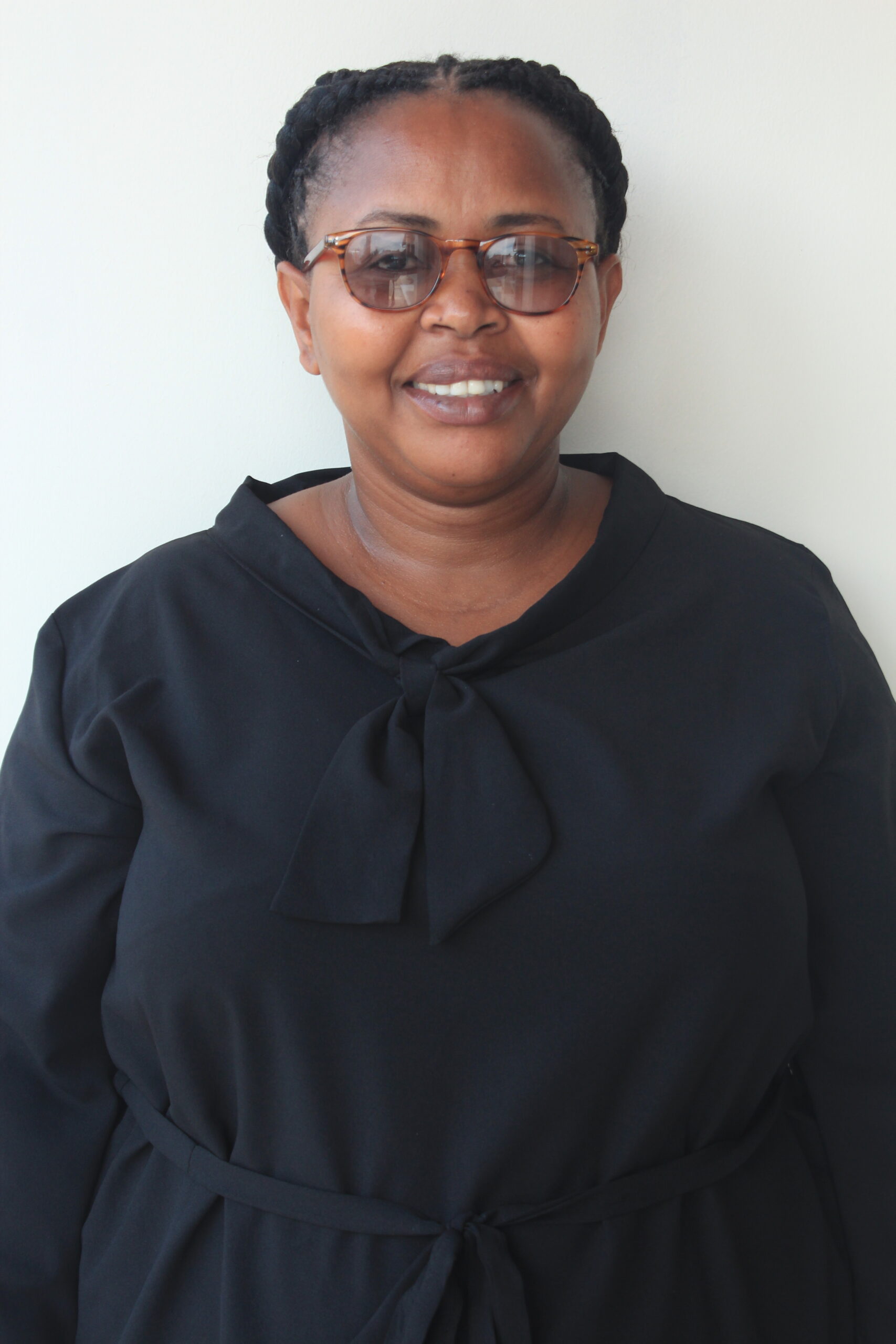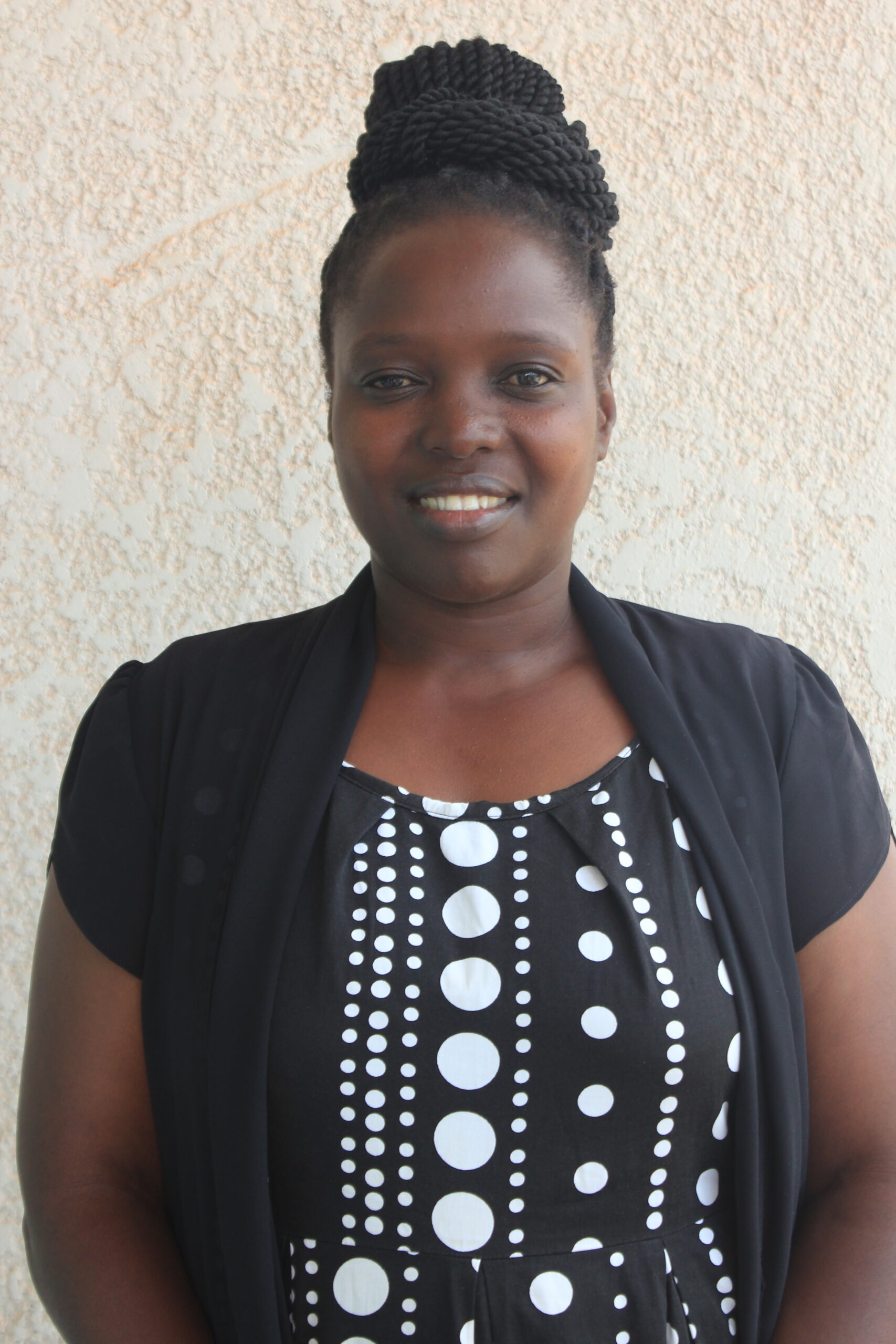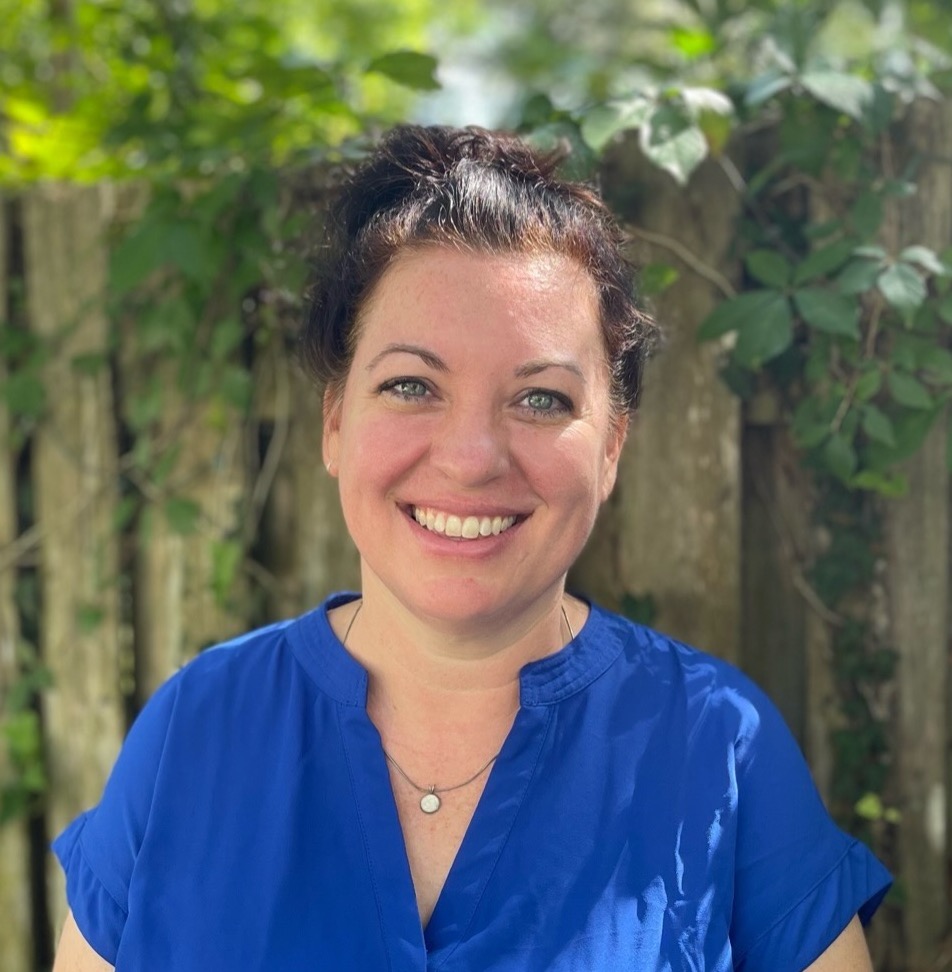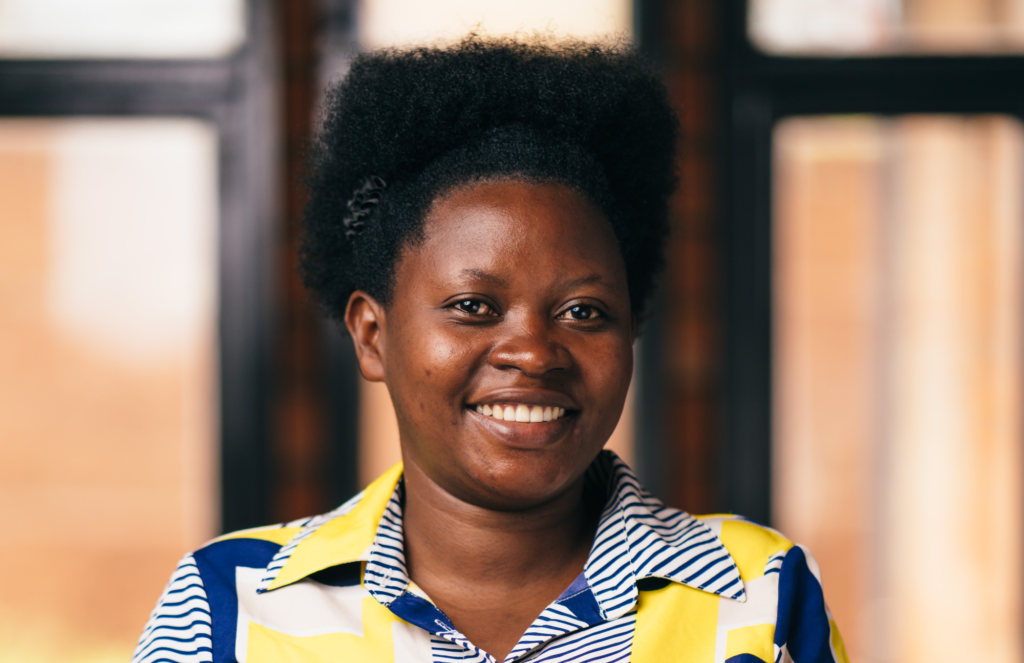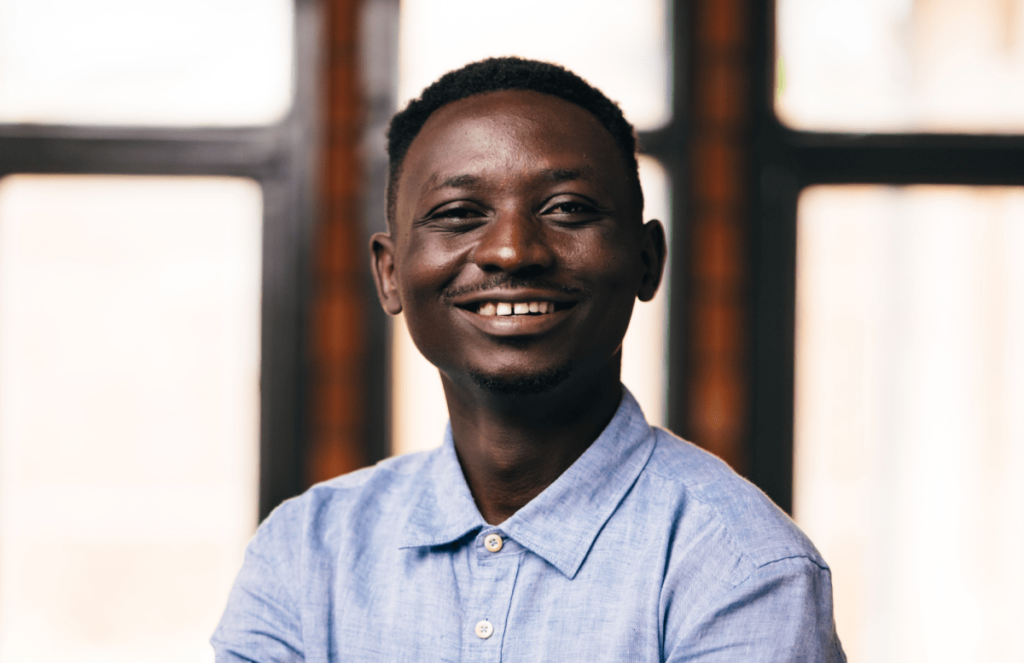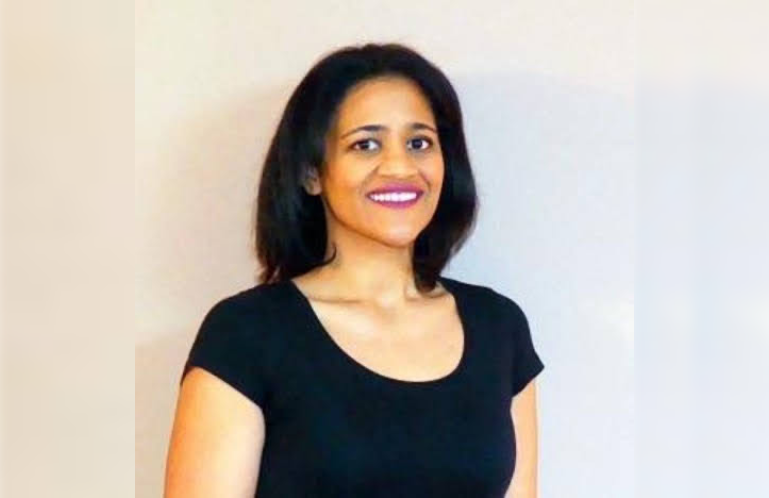Big Changes Coming at Hope for Life!
Second Transitional Center to Open This Fall!
We are thrilled to announce that the construction of the second Transitional Center is complete!
The second Transitional Center will be able to serve up to 24 youth at a time, which doubles the number of young people who can escape homelessness and heal! The facility will open this fall to new children who are seeking solutions to be able to escape homelessness long-term. This project has been a long process – over four years in the making! – and we rejoice together in its completion. Unfortunately, the COVID pandemic has worsened the number of vulnerable children in Rwanda, and we are truly excited to make a larger impact in the community through this facility.
The new Center also includes a brand new kitchen and dining area for staff to prepare healthy meals and laundry facilities, and a large outdoor dining area so that all the children in the Transitional Program can eat together at the same time.


We are especially grateful for the partnership of The Hovde Foundation and Mite for funding the construction and furnishing of this project. Watch the video about the project.
While we celebrate the good news of the completion of the second Center, we still have more progress to make on the completion of the new Administrative Facility and grounds. We look forward to letting you know when those projects have also been completed.
Want to come alongside Hope for Life as we expand impact? Please consider becoming a Changemaker by starting a recurring monthly donation of any amount. Changemakers help fund the year round operations of programs which is essentially important as we expand the number of children and families served in Rwanda.

A Bittersweet Transition
It is with both excitement and sadness that the Board of Directors shares that HFL’s co-founder and US Executive Director, Megan Chao, will be departing Hope for Life at the end of September for a new role at one of HFL’s partners (stay tuned for more details soon!). This is a poignant change for HFL, as Megan has been a committed leader of the organization since its founding 14 years ago. We honor and appreciate the ways Megan has grown HFL into a healthy and sustainable organization, and we are excited to have her remain as a partner and advocate of HFL. We will miss her steadfastness, her cross-cultural insight, and her drive to execute our strategy at an exceptional standard for the sake of greater impact for the youth we serve. We invite you to join us in sharing your thanks by sending Megan a note at megan@hopeforlife.us by September 30th.
The Board has formed a hiring committee to begin the search for our next US Executive Director who will lead the organization in the next season. If you have any referrals to suggest for this role, we invite you to contact us at board@hopeforlife.us or apply by clicking the link below.

Many of you have likely become supporters of HFL because of Megan’s leadership and invitation to the work of empowering youth to escape homelessness and thrive. We deeply thank you for your support, and we are committed to hiring a passionate and strong US Executive Director to lead Hope for Life going forward. We look forward to sharing an update with you soon on our hiring process.
Sincerely,

Emily Kuhn
US Board Chair






















